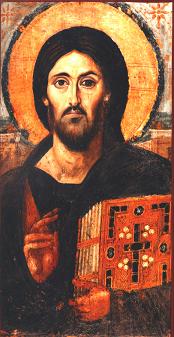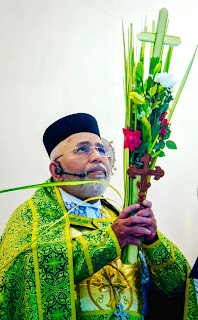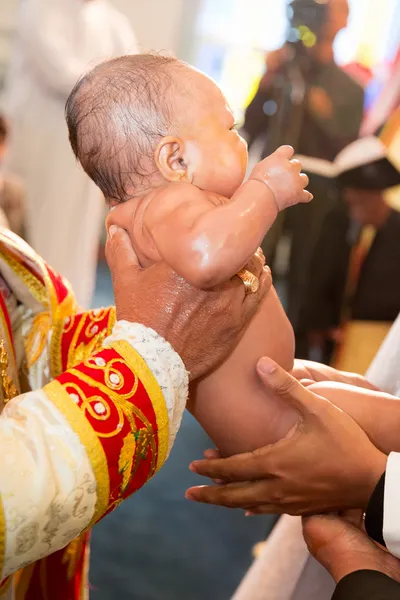
The Oriental Orthodox Churches hold a profound and distinctive understanding of Christology, which centers on the person and work of Jesus Christ, particularly emphasizing the doctrine of the Incarnation. This Bible study explores these teachings, underscoring their biblical foundations and significance for faith and life.
Introduction
Christology in the Oriental Orthodox tradition is deeply rooted in the early ecumenical councils, especially the Council of Ephesus (AD 431) and the Council of Chalcedon (AD 451), the latter of which led to a schism due to disagreements over the nature of Christ. The Oriental Orthodox Churches uphold the miaphysite doctrine, which articulates that in Jesus Christ, the divine and human natures are united in one nature “without mingling, without confusion, and without alteration” (from the formula of St. Cyril of Alexandria).
Biblical Foundations of Christology
- The Incarnation
- John 1:1,14: “In the beginning was the Word, and the Word was with God, and the Word was God… And the Word became flesh and dwelt among us, and we have seen his glory as the only Son from the Father, full of grace and truth.”
- These verses affirm the divine nature of Christ and His Incarnation, foundational to understanding His unique personhood as God and man.
- The Unity of Christ’s Person
- Philippians 2:6-8: “Who, being in very nature God, did not consider equality with God something to be used to his advantage; rather, he made himself nothing by taking the very nature of a servant, being made in human likeness.”
- Paul’s hymn emphasizes the humility of Christ in assuming human nature without diminishing His divine nature, reflecting the mystery of the Incarnation.
- The Redemptive Work of Christ
- 1 Peter 2:24: “He himself bore our sins in his body on the cross, so that we might die to sins and live for righteousness; by his wounds you have been healed.”
- The salvific work of Christ on the cross is central to His mission, offering redemption and healing to humanity.
Significance of the Doctrine of the Incarnation
- Salvation and Redemption
-
- The Incarnation is not just a theological concept but the means of our salvation. By uniting humanity and divinity in His person, Christ reconciles us to God, opening the way for our redemption and participation in the divine life.
- Deification/Theosis
- 2 Peter 1:4: “Through these he has given us his very great and precious promises, so that through them you may participate in the divine nature, having escaped the corruption in the world caused by evil desires.”
- Theosis, or deification, is a crucial aspect of salvation in the Oriental Orthodox understanding, made possible through the Incarnation. Believers are invited to partake in the divine nature, transformed through Christ.
- Worship and Liturgy
-
- The Christological doctrine profoundly influences the Oriental Orthodox liturgy, where Christ’s life, death, and resurrection are commemorated and celebrated. The Eucharist, in particular, is a sacramental participation in the Incarnate work of Christ, uniting the faithful to Him.
- Ethical and Moral Life
-
- As manifested in His Incarnation, Christ’s example of humility, service, and love sets the pattern for Christian life. Believers are called to imitate Christ in their attitudes and actions, embodying His love and service.
Conclusion
The Oriental Orthodox Christological doctrine, centered on the Incarnation of Jesus Christ, offers a rich theological and spiritual framework for understanding the person and work of Christ. It emphasizes the profound mystery of God becoming man to redeem and deify humanity, inviting believers into a transformative relationship with the divine. Through the study of Scripture and participation in the Church’s liturgical life, the faithful are drawn deeper into the mystery of Christ, inspired to live out the implications of His Incarnation in their lives.


